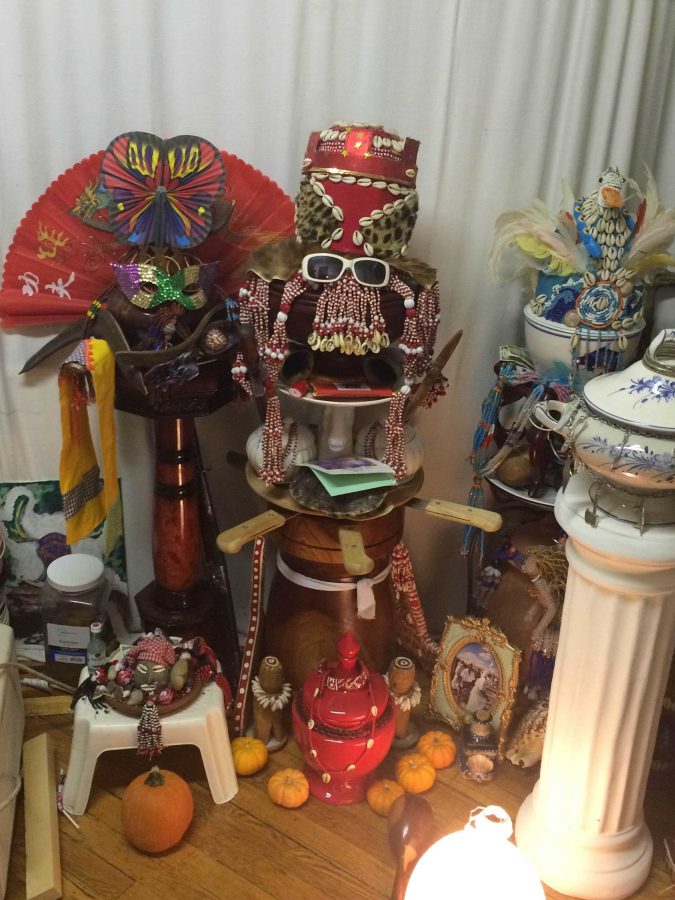By Francis A. Wilson—
Spike, Duke, Popeye, Fluffy, Mr. Bo-Jangles, and Buster – these names all ring true and hold a special place in the hearts of several thousands of people around the world. There is a special connection that is held between people and the owners of names like these. More often than not, they are our friends, they are our companions, they live with us, and they walk with us. They are also there when we need comforting or even to lend an ear so that we may have someone to confide in, albeit a hairy one, but an ear nevertheless.
These are our pets, the special members of our families that don’t have a voice, but somehow find their way into our hearts anyway. So, when our companions pass on, it is no less traumatic, troubling, or depressing then had a relative pass on, a coworker, or a friend. When considering the topic of death, it is almost always referring to people. It is rare to consider a pet when discussing death, but for many people it is not. The death of a pet is very much on their minds and hearts.
There are approximately 78.2 million owned dogs in the United States, and 86.4 million cats. Of these pets currently in the United States approximately 5 million to 7 million companion animals enter animal shelters nationwide every year, and approximately 3 million to 4 million are euthanized (60 percent of dogs and 70 percent of cats). This fact was taken right from the ASPA.org website. This only accounts for pets that have been to shelters. Now, of the several million pets euthanized each year, among them are pets that generally need to be put down due to old age, health reasons, or simply because they are violent animals.
What these numbers don’t take into account is the number of pets that die from starvation, malnutrition, or mange because of owner neglect. Or, the number of dogs that are killed each year due to underground dog fighting rings.
So, what is the point? Well, the point is that as a topic of discussion regarding death, our friends and companions have so wholly gone unnoticed. The end result is the same. We form lasting bonds with our pets and companions, they get sick or get to old, and then the decision has to be made. More often than not, the decision to euthanize is more difficult for a pet owner than one would initially imagine.
“It is individual” said veterinarian Dr. Pavol Sirny, Bayonne Veterinary Medical Building, Bayonne New Jersey, “women, females, are more emotional than men. Single family members or lonely people have deeper ties to the animal so the grieving period is harder and a lot longer.”
Crying and outbursts of emotion are common and often extend towards the veterinarian him or herself even after the process is finished. It is also common for the family to come away from the experience with a piece, a memento of sorts, of the animal be it cremated remains, a paw stamped post card, or a piece of fur. The need to stay attached, in some way, transcends the last moments beside death’s table, so that in some way the animal can live on long after it has passed.
Death, be it the topic of death or the act, is not limited to just human beings, and that it also extends to the animal kingdom. Be it a cat, a dog, a parrot, or some other form of animal. The end result is the same, and the difficulties in dealing with such a loss often mimic the loss of a human loved one.




